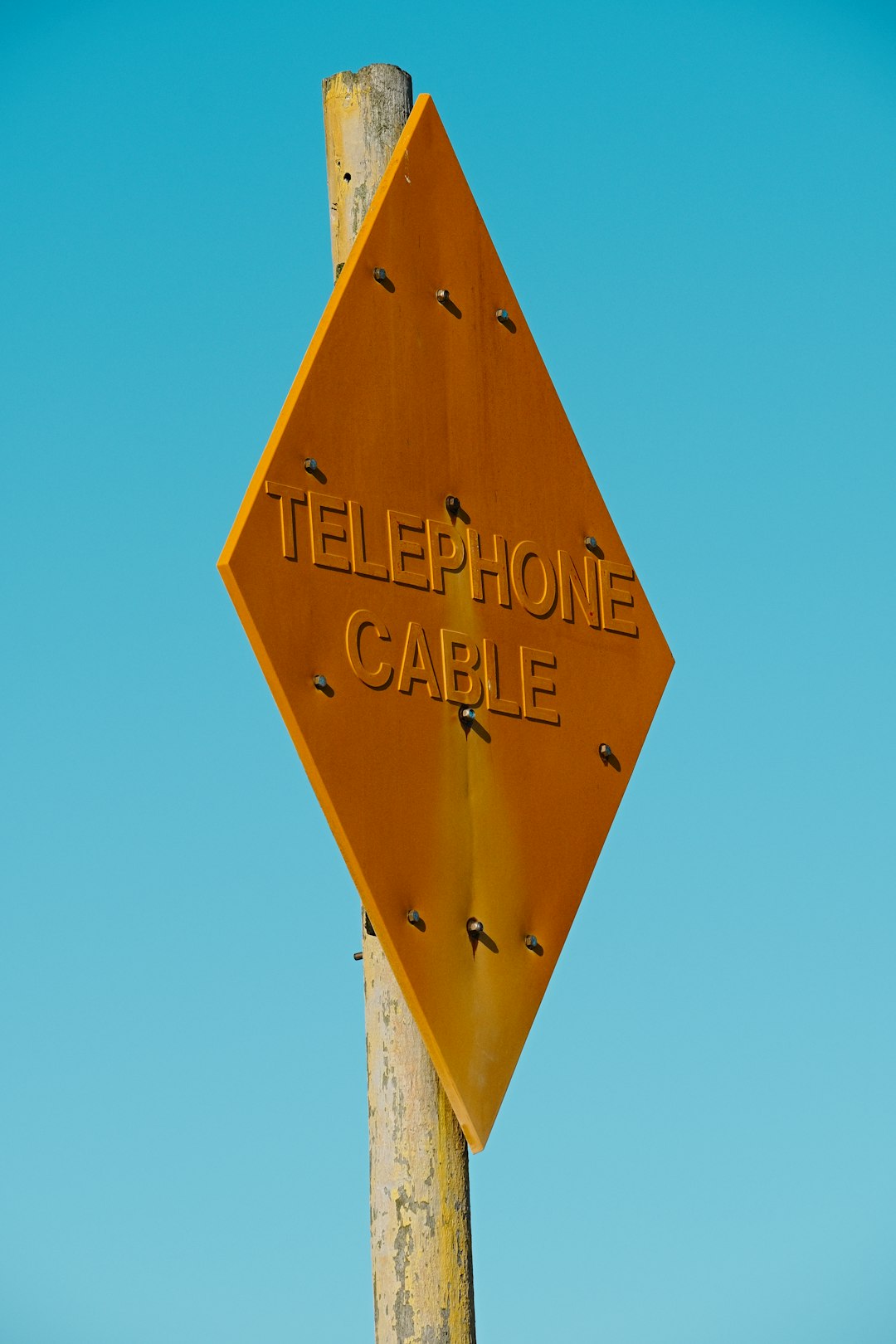This section guides Philadelphians on reporting annoying robocalls and spam texts, emphasizing the importance of documenting and reporting these calls to combat unwanted communication. Strict laws like TCFAPA and Pennsylvania Telemarketer Act protect against such intrusions, with reporting options via FTC and PA Attorney General's Office. Consulting a specialized lawyer or law firm in Philadelphia can help understand rights and navigate complex consumer protection regulations, effectively addressing spam texts and robocalls. Key keywords: how to report spam texts Lawyer Philadelphia, robocall law firm Philadelphia, lawyer for robocall Philadelphia.
In the age of digital communication, Philadelphia residents often face the nuisance of unsolicited autodialed calls and text messages, commonly known as robocalls and spam texts. These intrusive practices not only disrupt daily life but also raise significant legal concerns. Understanding the legal framework surrounding these issues is crucial for Philadelphians looking to protect their privacy. This article guides you through the process of reporting unwanted communications, introduces key legal provisions, and highlights the expertise offered by specialized law firms and attorneys in navigating robocall-related challenges.
- Understanding Robocalls and Spam Texts in Philadelphia
- Legal Framework: Robocall and Spam Laws in Pennsylvania
- Steps to Report Unwanted Text Messages in Philadelphia
- The Role of a Lawyer in Handling Robocall Issues
- Finding the Right Law Firm for Robocall-Related Cases in Philadelphia
Understanding Robocalls and Spam Texts in Philadelphia
Legal Framework: Robocall and Spam Laws in Pennsylvania
In Philadelphia, as in many states across the U.S., the use of autodialers for unsolicited or spam texts is regulated by strict laws aimed at protecting consumers from unwanted and invasive communication. The Telemarketing and Consumer Fraud and Abuse Prevention Act (TCFAPA) is a key federal legislation that prohibits certain abusive telemarketing practices, including automated or prerecorded calls without prior express consent. Additionally, Pennsylvania has its own robust consumer protection laws, such as the Pennsylvania Telemarketer Act, which further restricts robocalls and spam texts within the state.
If you’ve received unsolicited spam texts or robocalls in Philadelphia, it’s not only annoying but may also be illegal. Knowing how to report these calls is crucial. Individuals can file complaints with the Federal Trade Commission (FTC) and the Pennsylvania Attorney General’s Office. Furthermore, seeking legal advice from a qualified lawyer or attorney specializing in robocall laws in Philadelphia can help you understand your rights and take appropriate action against violators. There are numerous law firms and lawyers in Philadelphia who focus on these issues, ready to assist consumers in navigating the complex landscape of telemarketing regulations.
Steps to Report Unwanted Text Messages in Philadelphia
In Philadelphia, like many places, unwanted text messages from autodialers or robocalls are a common nuisance. If you’re receiving these spam texts, there are clear steps to take and resources available to help. First, gather all relevant information about the messages, including the sender’s number and any details about the content of the text. Next, contact your mobile carrier to inform them of the issue; many carriers have mechanisms in place to block such calls and can offer guidance on managing spam texts.
For more direct action, consider reaching out to a robocall law firm or lawyer specializing in this area. A lawyer for robocalls in Philadelphia can guide you through the process of reporting these calls to the appropriate authorities, like the Federal Trade Commission (FTC). They can also help navigate any legal options available to you and ensure that your rights are protected. Don’t hesitate to take action; knowing how to report spam texts effectively is a crucial step in curbing unwanted robocalls.






